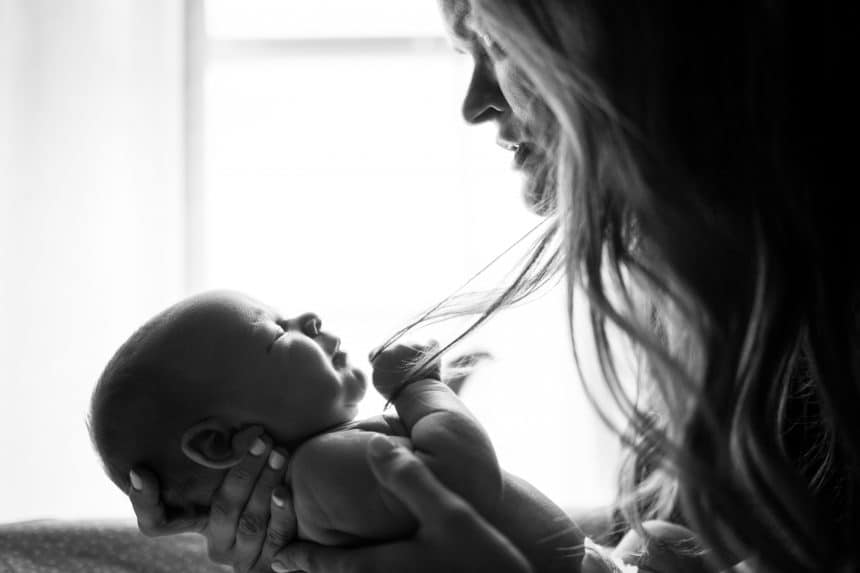By the time our babies arrive in the world, most mums are experts on everything that comes before the birth and, in some cases, what happens during it. What happens next, when we have a baby in our arms, is often a bit of a shock. For many of us, it’s not at all what we expected or planned.
But most of us will have watched friends struggling with sleepless babies and thought: that won’t be me!
As a paediatric sleep consultant, I know that one of the toughest lessons all new parents should learn ahead of time is to let go of their expectations. Especially when it comes to sleep.
Expectation 1: ‘My baby will be different’
Newborns don’t follow the rule book. They don’t know they’re meant to feel soothed and instantly stop crying when they’re wrapped in a muslin. They don’t understand that when it’s dark it is time to sleep, or that morning is when they should be awake and alert. In the early weeks after birth, concentrate on your recovery and getting to know your baby – this is not the time to worry and anguish over routines, rituals or why your baby doesn’t sleep more than twenty minutes at a time. Remember that babies don’t even begin to produce the sleep hormone melatonin – which makes us drowsy and relaxes muscles – until they’re around three months old.
Expectation 2: ‘I won’t let my baby cry at night’
Babies tell us what they need with their cries and as the days and weeks progress you’ll learn to decipher these cues. Soon you’ll understand which indicate that your little one is tired, hungry, overstimulated or uncomfortable.
Babies also cry because that’s what babies do and it’s a shock for them to suddenly be in the big, wide world. Some babies need to cry before they go to sleep as a wind down technique. Some cry out in their sleep.
Be present to comfort and hold them when needed; watch for their cues. If you find it hard to settle your baby, or you feel overwhelmed, hand him to your partner, close friend or family member and take a break.
Expectation 3: ‘My baby will sleep through the night’
Babies are designed to wake frequently in the early months. They need to eat often and, if breastfed, night feeds are a vital way to build up milk supply. By all means get into good night time feeding habits from this early stage: keep the lights low, don’t play with your baby or talk loudly to her. Feed, burp, kiss and put him back to bed.
You can begin sleep-shaping and laying the foundations for good sleep habits early on, but don’t be surprised if your baby doesn’t sleep through the night until they’re four or even six months old – or longer. Some babies who sleep through the night in the early days will suddenly start waking up months down the line.
Expectation 4: ‘My baby will be in a sleep routine from the beginning’
Newborn babies are not designed to be in a routine but they do like predictability and you can begin gently encouraging good sleep habits from around in the third week.
Be careful your baby doesn’t turn day into night, so during daytime, let plenty of natural light into your home. Go outside every day – babies sleep better after being exposed to daylight. Feed regularly – as often as needed but if it’s been more than three hours (during the day) consider waking your baby for a feed.
In the evening, make the atmosphere quieter and calmer and ensure your baby’s sleep environment is peaceful. Turn down the lights and once your baby is six weeks old you will find you can implement a simple evening bedtime routine of bath, massage, lullaby or story, feed and bed. Put your baby in their cot when they are drowsy rather than fully asleep at least once a day.
For more tips and advise, be sure to follow me on Facebook and Instagram. If you’re struggling and need some help, feel free to contact me anytime.
Cheryl The Sleep Coach














